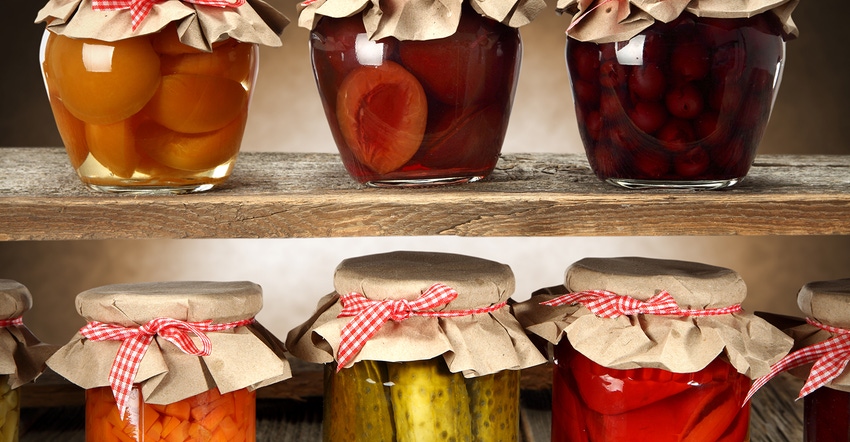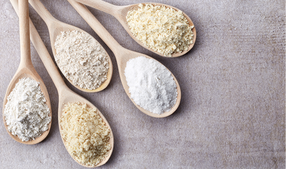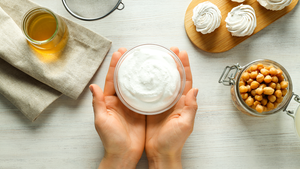Botanical antioxidants can help meet consumer demand for more natural vs. synthetic approaches to preservation.

Consumers are demanding more clean label ingredients in every type of product they consume. When formulating products with high fat and oil content, oxidation can occur rapidly—and left to their own devices, most fats and oils will unavoidably go rancid. Today’s consumer is calling for natural preservative solutions to help slow the degradation process. The use of plant-based ingredients with high levels of polyphenols has been shown to be extremely effective in preserving nutritive value and extending shelf life of these products.
The main purpose of botanical antioxidants is to generate efficient antioxidation in lipid-rich substrates while meeting consumer demands for more natural vs. synthetic approaches to preservation. Most natural preservation alternatives today rely on alpha-tocopherol and rosemary extracts containing varying amounts of carnosic acid/carnosol and rosmarinic acid.
While these ingredients can be efficient alternatives, they have several limitations, such as affecting flavor, color, taste and smell, requiring high levels to be effective in utilization/application; and carrying a high price tag.
Alternatives to synthetic antioxidants exist beyond tocopherols and tocotrienols, or diterpene rosemary derivatives. Other polyphenol-rich natural extracts exist that contain ingredients with high antioxidant capacity.
Catechin or gallic acid derivatives—as monomers, dimers or short-chain polymers—have shown antioxidant properties, and scientific literature contains many reports of such capacity. However, most assays rely on hydrophilic environments for the test; therefore, a different procedure is needed for testing these polyphenol-rich ingredients as antioxidants in lipid substrates.
Polyphenol-rich botanical extracts show substantial capacity to protect fat and oils from oxidation when using techniques current in lipid science. The present summary indicates that beyond rosemary and tocopherols, compelling new and tested solutions may extend shelf life and preserve nutritive and economic value for fats and oils. These span bilberry, grape seed, green tea, lychee, resveratrol and pomegranate extracts, and polyphenol-rich botanical extracts including grape seed, green tea and pomegranate. Efficient antioxidants can be formulated for fats and oils—containing phenolics of natural origin—that help meet technical and regulatory requirements while addressing consumer demands and constraints.
The Innovating with healthy fats and oils – digital magazine contains the full version of this article, along with related content. Click the link to download it.
Mary Joe Fernandez is global vice president of sales and business development for Layn Natural Ingredients, a global leader in the production of premium-quality, plant-based ingredients for use in food, beverage, flavor, nutraceutical, animal nutrition and pet health applications.
About the Author(s)
You May Also Like






